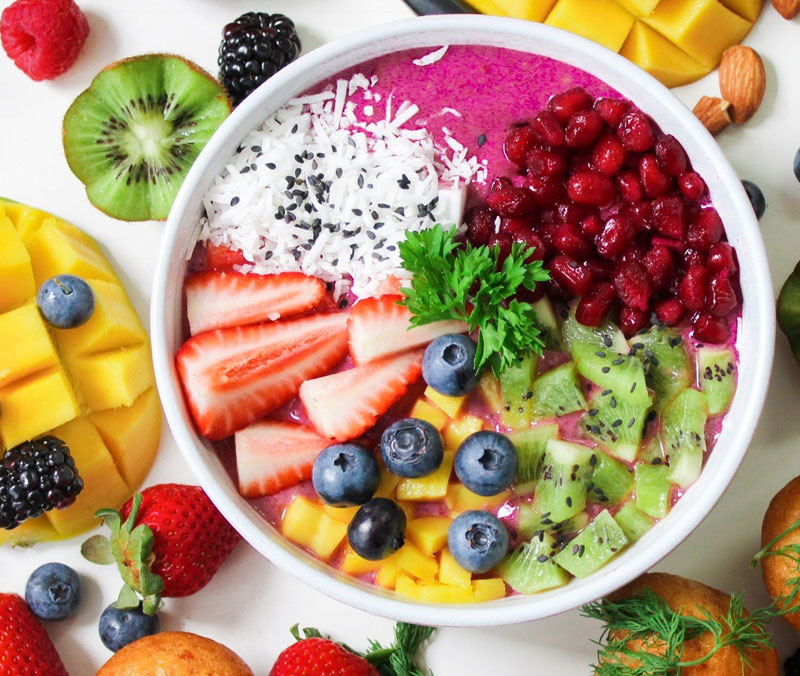
Stress and Anxiety
Defining Mental Health
Mental health is defined as a state of well-being in which every individual realizes their potential, copes with the everyday stresses of life, works productively and fruitfully, and contributes to their community (World Health Organization).
Mental health is achieving balance in all aspects of your life: social, physical, spiritual, economic and mental.
Good mental health is not about avoiding problems or achieving a ‘perfect’ life.
Mental health is living well and feeling capable despite challenges.
Mental health is key to our well-being. It involves how we feel, think, act, and interact with the world.
Common Mental Illnesses or Conditions
Anxiety Disorders
- Phobias and Panic Disorders
Depression
- Bipolar Disorder
- OCD
- Eating Disorders
- Mood Disorders
- ADHD
- Alzheimer's, Dementia, difficulty with recall and memory
Holistic Approach
Food
Gut Health
Natural Supplements
Essential Oils
Emotional Freedom Tapping
Exercise
Improving Brain Health Through Nutrition
Omega 3 fatty acids
- Building blocks for healthy brain development & function
- Improves mood and brain function (memory, mental clarity, interpreting information)
- Potential role in ADHD, positive effect on depression
→ Good sources: wild fish, nuts & seeds, flax, hemp, chia, seaweed, avocado, olive oil, tofu
B vitamins
- Deficiency (particularly in folate and vitamin B12) linked to depression
- Stress Management & adrenal health (vitamin B5)
→ Good Sources: meat, eggs, seafood, green leafy vegetables, legumes and whole grains
Vitamin D
- Required for brain development and function
- Deficiency associated with depression and other mood disorders
→ Good sources: sun exposure; salmon, tuna, fortified breakfast cereals/juices/milk, eggs
Tryptophan
- A precursor to serotonin (a feel-good brain chemical)
- Improves sleep
- Reduces feelings of stress
→ Good sources: including turkey, beef, eggs, chicken, nuts, dark leafy greens, citrus fruits, spirulina
Improving Brain Health Through Nutrition
Whole Grains
- Carbohydrates increase the production of serotonin in the brain and are a good source of important nutrients like fibre & B vitamins.
→ Good sources: Quinoa, brown rice, sprouted breads, fruit
Probiotic-Rich Foods
- Reducing gut inflammation is imperative for mental health issues, so optimizing your gut flora is crucial.
→ Good sources: fermented vegetables, kimchi, kefir, miso, yogurt
Protein
- Stimulates the production of brain chemicals like norepinephrine, serotonin and dopamine
- Improve alertness, mental energy & reaction time
- It contains important amino acids that are precursors to brain chemicals for brain health
→ Good sources: Greek yogurt, fish, meats, eggs, nuts, beans, soy, and lentils.

How the food you eat affects your brain
Omega-3 and Depression
Increasing omega-3 in the diet enhances brain function, including mood and aspects of personality.
Powerful protection against depression
A study of nearly 22,000 participants revealed that those who regularly took omega-3 fatty acids were about 30% less likely to have symptoms of depression than those who did not. The longer the participants took it, the less likely they were to have high levels of depression.
Improve mood in those who already suffer from depression
The effect of omega-3 fatty acid supplementation was studied in 49 patients with repeated self-harm episodes. Study subjects were randomly assigned to receive 1200 mg EPA plus 900 mg DHA, or placebo, for 12 weeks. At the end of the treatment period, the group receiving omega-3 fatty acids had significantly greater improvements compared with the placebo group in scores for depression, suicide risk and daily stresses.
What to avoid
Coffee and foods containing caffeine
→ Suppress serotonin production, making you feel more jittery/anxious.
Refined sugar and grains
→ Sugars cause blood sugar spikes and crashes, interfering with mood and anxiety levels.
Alcohol
→ Depressant and diuretic, which can seriously interfere with moods and anxiety.
→ Depresses the central nervous system, which is responsible for thinking, understanding and emotion.
Processed foods and meats
→ Adverse effect on your gut flora.
→ Tend to be inflammatory and filled with sodium.
Food additives
→ Inability to process them can cause unwanted side effects that include anxiety.
→ Food additives have also been linked to allergies, digestive issues, and hyperactivity.
Highly inflammatory foods
→ Inflammation triggers a stress response in the brain.
GABA
Most of the substances used to relieve anxiety – alcohol, cannabis, tranquillizers – get their effect through boosting GABA in your brain.
- Reduces acute stress and nervousness and quickly restores mental calmness
- Promotes mental clarity and physical relaxation without drowsiness
- Improves cognitive functions, including learning performance, concentration and memory
- Controls stress-related eating and food cravings
- Improves sleep quality and alleviates insomnia
In the body, GABA is made from glutamic acid and vitamin B6. For the body to manufacture more GABA, eat more foods containing glutamic acid.
- Spinach
- Oats
- Whole grains
- Brown rice
- Citrus fruits
- Almonds
- Tree nuts
L-Theanine
The amino acid has a relaxation or calming effect (found in green tea).
Calming effect within 30 - 40 minutes of taking.
Stimulates the production of alpha waves in the brain associated with relaxed alertness inducing a state of deep relaxation while enhancing mental alertness.
L-Theanine enhances memory and learning, and blood pressure (from stress) is lowered naturally.
L-Theanine also gets converted in the brain into GABA, which optimizes dopamine and serotonin.
Helpful for:
→ Learning disabilities and attention deficit disorders
→ Hyperactive states (anxiety, panic)


Magnesium
Legumes, whole grains, vegetables (especially broccoli, squash, and spinach), leafy greens, seeds, and almonds.
“Anti Stress Mineral” - Anti-spasmodic / relaxant.
Magnesium supplementation has been demonstrated to be effective in treating anxiety, ADHD, chronic fatigue, fibromyalgia, muscle spasms, restless legs, and migraine headaches.
Improves sleep and relaxation.
Rapid anxiety relief: rescue remedies
- A safe and natural method of healing
- Rapid relief of anxiety and panic attack
- Restore the balance and tranquillity between the mind and negative combat emotions such as fear and worry.
- It is impossible to overdose with the Bach Flower Remedies – although more is not better!
- It acts as a nervous system sedative, alleviates anxieties that disrupt digestive processes and calms the cortico-hypothalamic stress response.
- Flower Remedy - derived from 38 flowers
- Phyto Gen – extracted from young buds/shoots

Top Supplements/Strategies for Mental Health
Anti-Anxiety:
- Chamomile
- Valerian Root
- Lemon Balm
- Passionflower
- Magnesium
- Lavender
Anti-Depressant:
- Reduce inflammation
- Omega 3
- 5-HTP (Tryptophan)
- B Complex
- Curcumin
- GABA
ADHD:
- Remove food dyes from diet
- Check for heavy metal toxicity
- Food sensitivity testing
- B Complex, Zinc, Magnesium
- Stabilize blood sugar
Essential Oils
Lavender
It’s considered a nervous system restorative and helps with inner peace, sleep, restlessness, irritability, panic attacks, nervous stomach and general nervous tension. It has a calming and relaxing effect.
Rose
Settling to the emotional heart and perhaps the second most popular after lavender for relieving anxiety and depression, helping with panic attacks, grieving and shock.
Ylang Ylang
Treat anxiety and depression due to its calming and uplifting effects. It helps with cheerfulness, courage, and optimism and soothes fearfulness. It may calm heart agitation and nervous palpitations and is a moderately strong sedative, which can help with insomnia.
Chamomile
It benefits inner harmony and decreases irritability, overthinking, anxiety and worry. It has a soothing and calming scent.
Using Essential Oils
Inhaling or Diffusing
When the scent of essential oil is inhaled, molecules enter the nasal cavities and stimulate a mental response in the brain's limbic system. These stimulants regulate stress or calming responses, such as heart rate, breathing patterns, production of hormones and blood pressure.
Oral Application
Many essential oils can be ingested by the mouth; however, ensuring that the oils you use are safe and pure is critical.
Oils may be diluted or blended with synthetics that are unsafe for ingesting. The Food and Drug Administration has approved some essential oils generically for internal use and recognized them as safe (GRAS) for human consumption.
You can add a drop or two underneath the tongue. This is beneficial because the blood capillaries are so close to the surface of the tissue under the tongue, allowing them to pass more quickly into the bloodstream.
Topical Application
Topical application is the process of placing an essential oil on the skin, hair, mouth, teeth, nails or mucous membranes of the body. When the oils touch the skin, they penetrate rapidly. Since they are so potent, it is important to dilute and blend with a carrier oil, such as jojoba, olive, avocado or coconut oil. You can apply the blend directly to an affected area, on the bottoms of the feet, rims of the ears, using compresses, in baths or through massage.
Emotional Freedom Techniques
EFT is a form of psychological acupressure based on the same energy meridians used in acupuncture but without needles. It can help:
- Remove negative emotions
- Reduce food cravings
- Reduce or eliminate pain
- Implement positive goals
Instead, tapping with the fingertips is used to input kinetic energy onto specific meridians on the head and chest. At the same time, you think about your particular problem - whether it is a traumatic event, an addiction, pain, etc. and voice positive affirmations.
This combination of tapping the energy meridians and voicing positive affirmation works to clear the emotional block from your body's bioenergy system, restoring your mind and body's balance, which is essential for optimal health and healing physical disease.
Exercise
Proper hydration, a healthy diet, regular meditation, and consistent sleep contribute to our mental and physical health.
We also know that exercise can play a massive role. It releases endorphins, promotes a more positive mood and relieves tension and frustration.
Research has shown that exercise is just as effective in treating depression as anti-depressants. A 2013 study by Princeton University found that exercise can create new brain cells and calm brain waves when they shouldn't be in action, stopping anxiety and depression in their tracks.
Top 5 Benefits of Exercise on Mental Wellness
- Regular exercise increases the strength and function of the cells in our body. When we keep our cells happy, every system in the body benefits, including our brain.
- Regular exercise releases “feel-good” chemicals in the brain, such as serotonin, dopamine, and norepinephrine. These help to improve brain function and reduce feelings of anxiety and depression.
- Physical activity has a meditative effect on the body and can help with mindfulness. It allows us to take a break from our busy world and thoughts and focus on ourselves and our activity (whether that means going out on a run or playing a sport we love).
- Getting in regular exercise improves our confidence and self-image. Improving at a sport heightens our ability to feel pride in our accomplishments. Exercise empowers us to feel stronger, faster, and healthier on the outside, which does wonders for how we feel on the inside.
- Physical activity can provide a healthy and effective outlet for everyday stresses, anxious thoughts, feelings, and symptoms. It offers a safe way to release built-up tension, which helps our bodies, and in turn, our minds.

Yoga
Combining breath, movement, and meditation is a recipe for calm.
Yoga is generally most people’s go-to when it comes to exercises that make you relaxed.
Studies show that people who take yoga classes experience significant reductions in anxiety, depression, anger, and neurotic symptoms.
Yoga focuses on deep breaths and awareness, which can be very beneficial for dealing with anxiety or depression.
Kickboxing
Take out your stressful day on a punching bag or pads.
Amazing for your anxiety levels.
It can be beneficial for anxiety and anger management.


Running
Clears your mind
Distracts you
Fatigues anxiety
Ball Throws
It helps feelings of release and aggression
It helps with coordination and occupying the mind
Releases endorphins for a mood boost


Don't see what you're looking for? Send us an email!
©Copyright 2024 Cam’s Kids powered by Kids Help Phone
Not-for-Profit Organization. B/N: 921508-5
Thanks for visiting Cam's Kids. Please remember...
Cam's Kids is not a service provider.
If you are in crisis, please call 911 or go to your nearest emergency department. For free, confidential counselling, contact Good2Talk or Kids Help Phone.
Post-secondary students: find your local crisis resource here.



